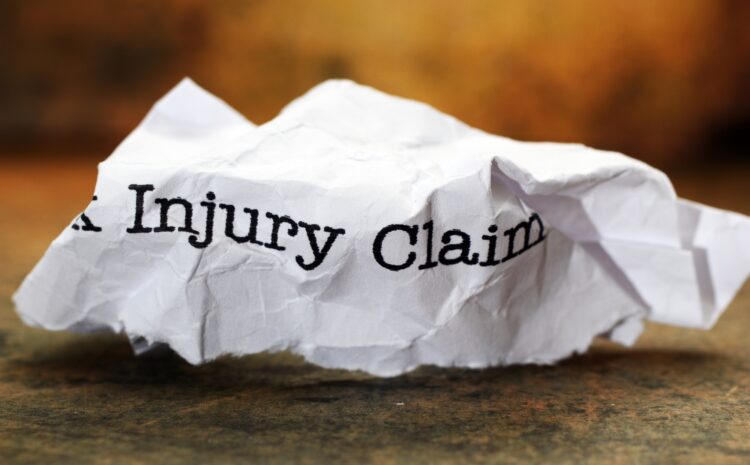
Personal Injury Lawyer
Whether a car accident, slip and fall or other type of injury, personal injury cases involve two important concepts: liability and damages. Understanding these concepts is crucial for anyone involved in a personal injury case, whether as a plaintiff, defendant or attorney.
Liability refers to legal responsibility for an injury or accident. In a personal injury case, liability must be established by showing that someone else was at fault for causing the injury. This can be a person, a company, or even a government agency, depending on the circumstances. Liability can be established through evidence such as eyewitness testimony, medical records, video footage and expert opinions. In some cases, liability may be assigned to more than one party, such as when multiple drivers are involved in a car accident.
Damages, on the other hand, refer to the financial compensation that the injured person is entitled to as a result of the injury. Damages can include things like medical bills, lost wages, and pain and suffering. In order to receive damages, the injured person must prove not only that they were injured, but also the extent of their injuries and how those injuries have affected their life.
There are two main types of damages in a personal injury case: economic and non-economic. Economic damages are tangible losses that can be directly measured in financial terms, such as medical bills and lost wages. Non-economic damages, on the other hand, are more subjective and can include things like pain and suffering, emotional distress, and loss of enjoyment of life.
It’s important to note that liability and damages are separate concepts, but they are closely related. In order to receive damages, the injured person must first establish liability by proving that someone else was at fault. Once liability is established, the amount of damages that the injured person receives will depend on the extent of their injuries and how those injuries have affected their life. Simply because someone is found liable for an accident does not necessarily mean that they will be responsible for all damages. Additionally, the amount of damages awarded can vary greatly depending on the specific circumstances of the case.
In conclusion, understanding the concepts of liability and damages is crucial for anyone involved in a personal injury case. Liability refers to legal responsibility for an injury, while damages refer to the financial compensation that the injured person is entitled to. By establishing liability and proving the extent of their injuries, an injured person can receive the compensation they need to recover and move forward. By working with an experienced personal injury attorney, you can ensure that you receive the compensation you deserve for your damages.



